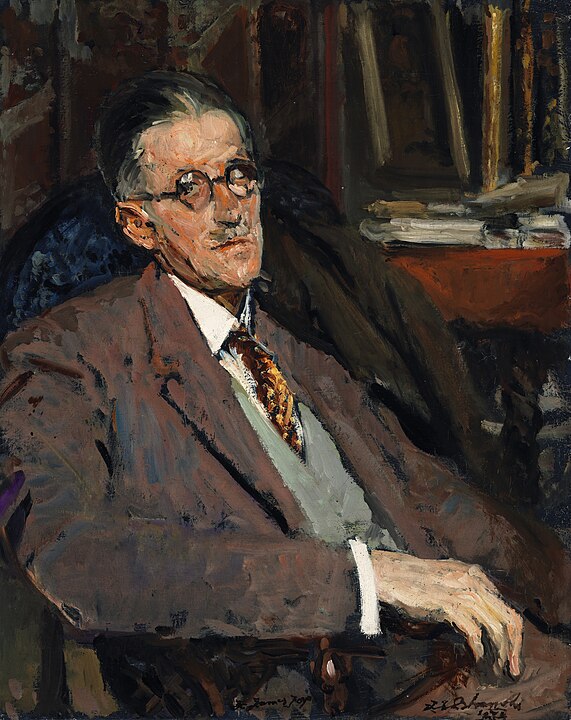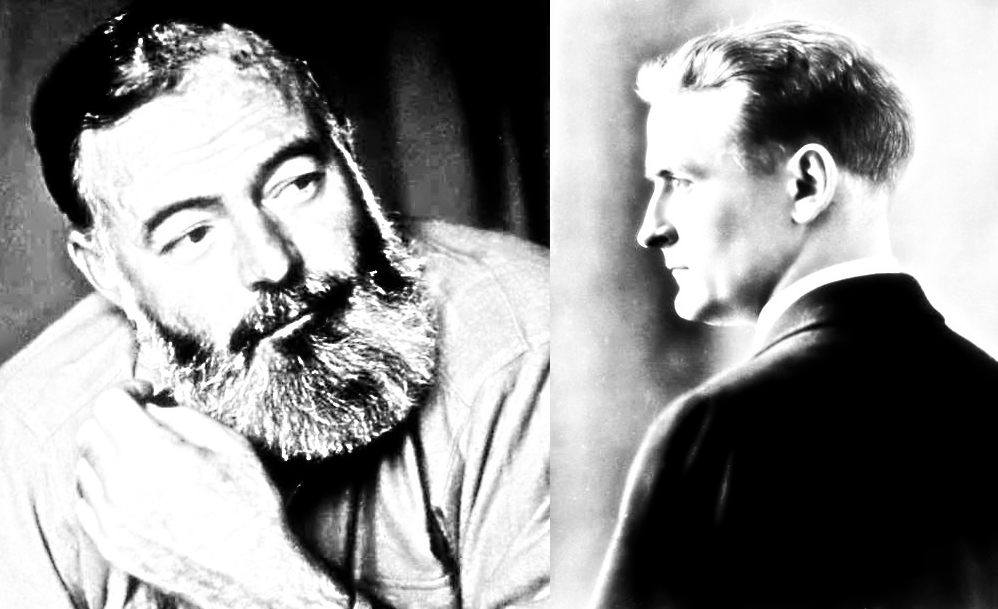“In the middle of this groined and vaulted public square was an oaken table which they called the Table Round. It was as large as a circus ring; and around it sat a great company of men dressed in such various and splendid colors that it hurt one’s eyes to look at them. They wore their plumed hats, right along, except that whenever one addressed himself directly to the king, he lifted his hat a trifle just as he was beginning his remark.”
Greetings!
For today’s post, we are going to look at Chapter 2 of Mark Twain’s A Connecticut Yankee in King Arthur’s Court. The second chapter features the titular King Arthur’s Court in a few ways, mostly with our protagonist being brought forth to the Court as Sir Kay’s property, and he is forced to reconcile his fate and his reality.
Chapter 2: King Arthur’s Court
The chapter begins with Hank Morgan bothering a local by asking him if he is in fact a patient in an insane asylum, a musing that our hero has thought was true since he woke up in a medieval fantasy without knowing it to be real.
The local tells Hank, “Marry, fair sir, me seemeth–” at which point Hank cuts him off and decided that the man is a patient of an asylum, as his response seems so ridiculous to his modern tongue. Afterward, Hank meets a page (Clarence) who takes our hero on a walk and asks him many questions about himself and ultimately reveals that he, Clarence, was born “in the beginning of the year 513.”
It is at this moment that Hank’s reckoning becomes clearer. He learns the date is June 19th, 528, and laments. “I felt a mournful sinking at the heart, and muttered: ‘I shall never see my friends again—never, never again. They will not be born for more than thirteen hundred years yet’ (Twain).
Hank begins to think that things here were in fact very real. It is at this point that Hank realizes that the only eclipse of the sun in the “first half of the sixth century occurred on the 21st of June, A.D. 528, O.S., and began at 3 minutes after 12 noon.” It is a strange realization, but it makes sense in that Hank is (possibly subconsciously) searching for rationalization. How was he to know, truly, that it was the year 528? His mind, possibly scrambling for sanity, found the one thing that could prove his competence.
He begins to plot: “Wherefore, being a practical Connecticut man, I now shoved this whole problem clear out of my mind till its appointed day and hour should come, in order that I might turn all my attention to the circumstances of the present moment, and be alert and ready to make the most out of them that could be made”
Furthermore, he states: “One thing at a time, is my motto—and just play that thing for all it is worth, even if it’s only two pair and a jack. I made up my mind to two things: if it was still the nineteenth century and I was among lunatics and couldn’t get away, I would presently boss that asylum or know the reason why; and if, on the other hand, it was really the sixth century, all right, I didn’t want any softer thing: I would boss the whole country inside of three months; for I judged I would have the start of the best-educated man in the kingdom by a matter of thirteen hundred years and upward. I’m not a man to waste time after my mind’s made up and there’s work on hand…” (Twain).
Clarence tells Hank that he has been taken prisoner by Sir Kay, and as a prisoner he would be thrown in a dungeon until he was ransomed…or until he died or horrible dungeon-esque death. Before then, he was to be exhibited to the knights of the Round Table (or Table Round), and then would be left to the rot. At that, Hank is taken to the Court where he witnesses quite a scene: he sees knights, who remain courteous to one another, take part in a great feast, feeding their dogs, and engaging in all type of discussions. Some of which (perhaps mostly) seem to feature elements of Tall Tales and exaggeration.
The chapter ends with Hank remarking that the other prisoners were dirty and beaten, but expected nothing better than what they had delivered themselves. Hank thinks: “… their philosophical bearing is not an outcome of mental training, intellectual fortitude, reasoning; it is mere animal training…”
Hank is in dire straights, but has no choice but to reflect on his circumstances, which is perhaps his best quality.
Analysis
Chapter 2 brings us closer to the premise than before, as Hank meets members of society (in this case high society), and begins to acclimate to his new reality. Hank meets the Clarence, a page, and has a long talk about what is expected of him moving forward. He is a prisoner. He is property. As such, Clarence tells him, he is to act as property. Furthermore, Hank sees other prisoners and realizes the traditions of ownership and class.
These class notifications imply that there is a hierarchy in feudal society. The hierarchy is implied to be hypocritical in many ways. The knights of the round table, for instance, are no more than children in armor with money and power. They talk kindly to each other but boast in the most implausible ways.
Hank states: “As a rule, the speech and behavior of these people were gracious and courtly; and I noticed that they were good and serious listeners when anybody was telling anything—I mean in a dog-fightless interval. And plainly, too, they were a childlike and innocent lot; telling lies of the stateliest pattern with a most gentle and winning naivety, and ready and willing to listen to anybody else’s lie, and believe it, too. It was hard to associate them with anything cruel or dreadful; and yet they dealt in tales of blood and suffering with a guileless relish that made me almost forget to shudder” (Twain).
In the future, we will learn more about the dichotomy of knights. The juvenile attitudes and chivalrous paint create a rift in how Hank sees the future of society; what is more, Hank’sl realization steers him toward Twain’s satirical premise in that some things will always stay the same, whether it is childish boasting or bloodletting in the worst way.
Works Cited
Project Gutenberg. (n.d.). A Connecticut yankee in king Arthur’s Court. The Project Gutenberg eBook of A Connecticut Yankee in King Arthur’s Court, by Mark Twain. https://www.gutenberg.org/files/86/86-h/86-h.htm








Leave a Reply